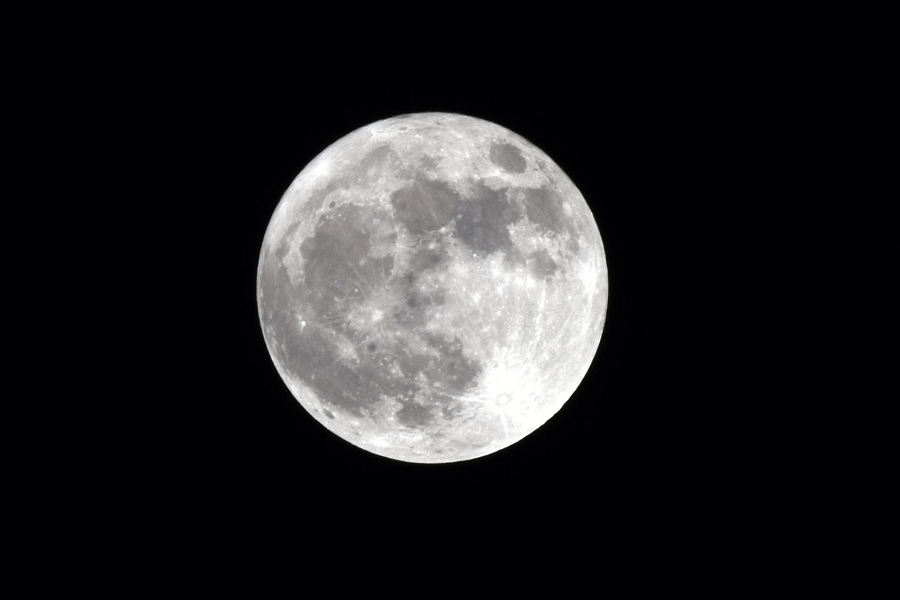The world has witnessed some remarkable developments that challenge our understanding of property rights — not on earth but on the moon. A businessman from Jammu and Kashmir reportedly finalised a deal to purchase lunar land days after India’s successful lunar mission. Can one buy land on the moon? Is it legally permissible?
To unravel this cosmic conundrum, we must first delve into the legal framework governing outer space. In 1967, the erstwhile Soviet Union, the United States of America, and the United Kingdom came together to draft the Outer Space Treaty, an international agreement designed to prevent the appropriation of outer space by any nation. This treaty — it had 109 other signatories in 2020, including India — states that outer space “is not subject to national appropriation by claim of sovereignty, by means of use or occupation, or by any other means.” In essence, it prohibits member states from exploiting outer space for commercial purposes.
These stringent regulations notwithstanding, individual claims on lunar land ownership are not uncommon. The actor, the late Sushant Singh Rajput, reportedly bought land on the moon and the purchase was facilitated by the International Lunar Lands Registry. The justification for such acquisitions often hinges on Title IV of the bill, Space Resource Exploration and Utilization Act of 2015, in the US. Section 51303 of the bill states that a US citizen engaged in the commercial recovery of asteroid or space resources can possess, own, transport, use, and sell those resources in compliance with applicable laws, including international obligations. Non-Americans can claim lunar property and resources by partnering a US citizen or a US entity with commercial rights. However, the bill has not been passed into law.
There exist various loopholes in the Outer Space Treaty’s language that leaves room for private individuals to stake claims on lunar land. The ambiguity has led some to suggest that property rights could be based on jurisdiction rather than on territorial sovereignty, opening the door for private claims. Article VI of the Outer Space Treaty, however, complicates matters. It holds governments accountable for the actions of entities operating in outer space, whether governmental agencies or not. This implies that individuals, private organisations and companies engaged in space activities are accountable to their respective governments.
There have been attempts to amend the Outer Space Treaty to rid it of ambiguities. One such effort was the presentation of the Moon Agreement, a treaty introduced by United Nations members in 1979, which sought to establish a legal framework for celestial body use. The Moon Agreement emphasised that celestial bodies should be used for the benefit of all humanity and not exploited by individual states. It also prohibited weapons testing on the moon, mandated the open sharing of scientific research, and expressly forbade nations, individuals, and organisations from making claims on lunar territory. However, the Moon Agreement has not been ratified by nations engaged in crewed space exploration or possessing domestic launch capabilities. Consequently, the treaty remains toothless.
The question of whether one can buy land on the moon lacks a straightforward answer. There exists no explicit prohibition of lunar land-ownership. But the absence of a legitimate mechanism for lunar land claims renders any purported lunar land sale legally baseless. International treaties unequivocally assert that outer space exploration, including lunar activities, should serve the collective interests of humanity. The Outer Space Treaty explicitly forbids prohibits private individuals from claiming lunar land, even as entities like the International Lunar Lands Registry continue to sell celestial land.










